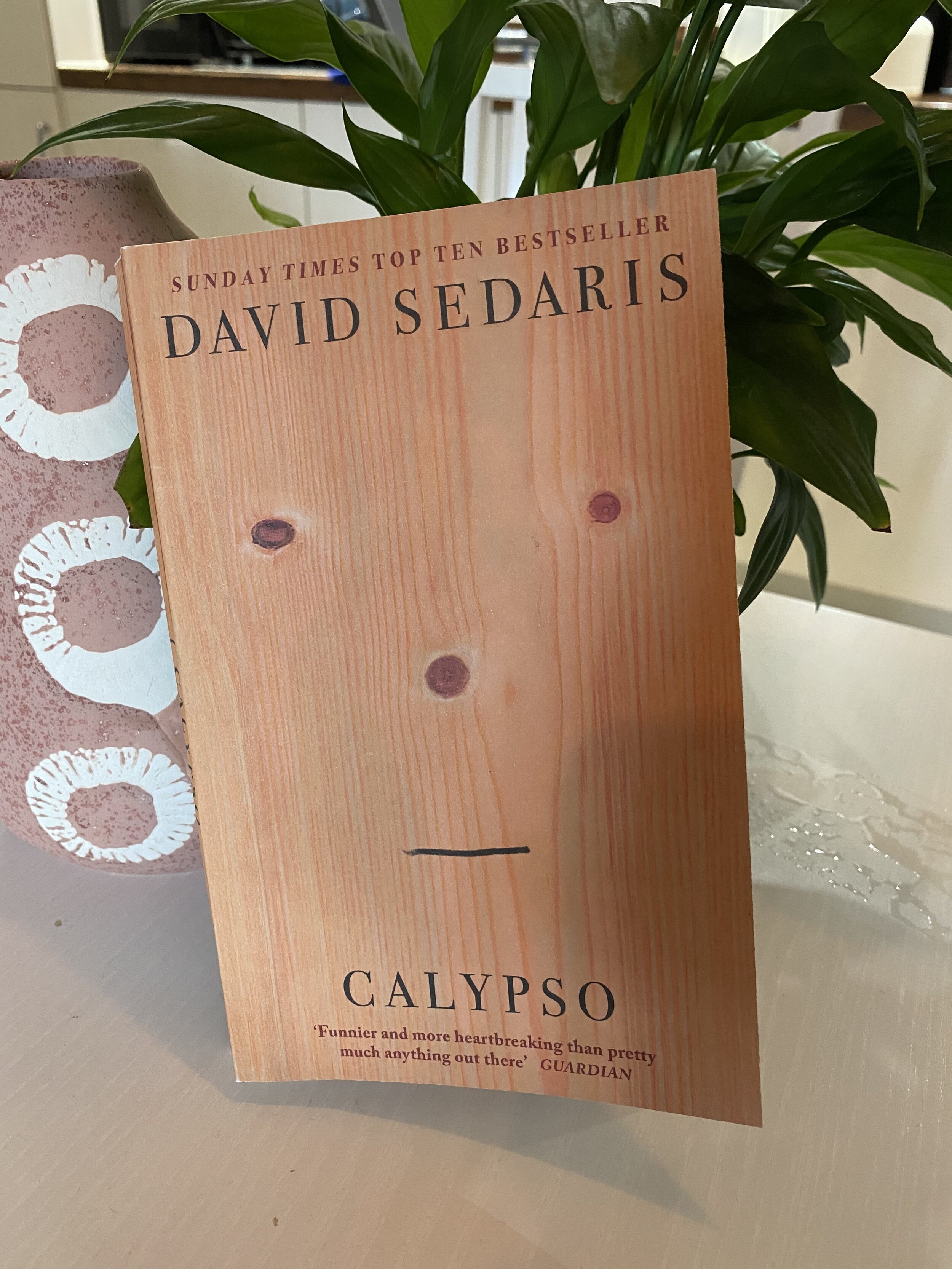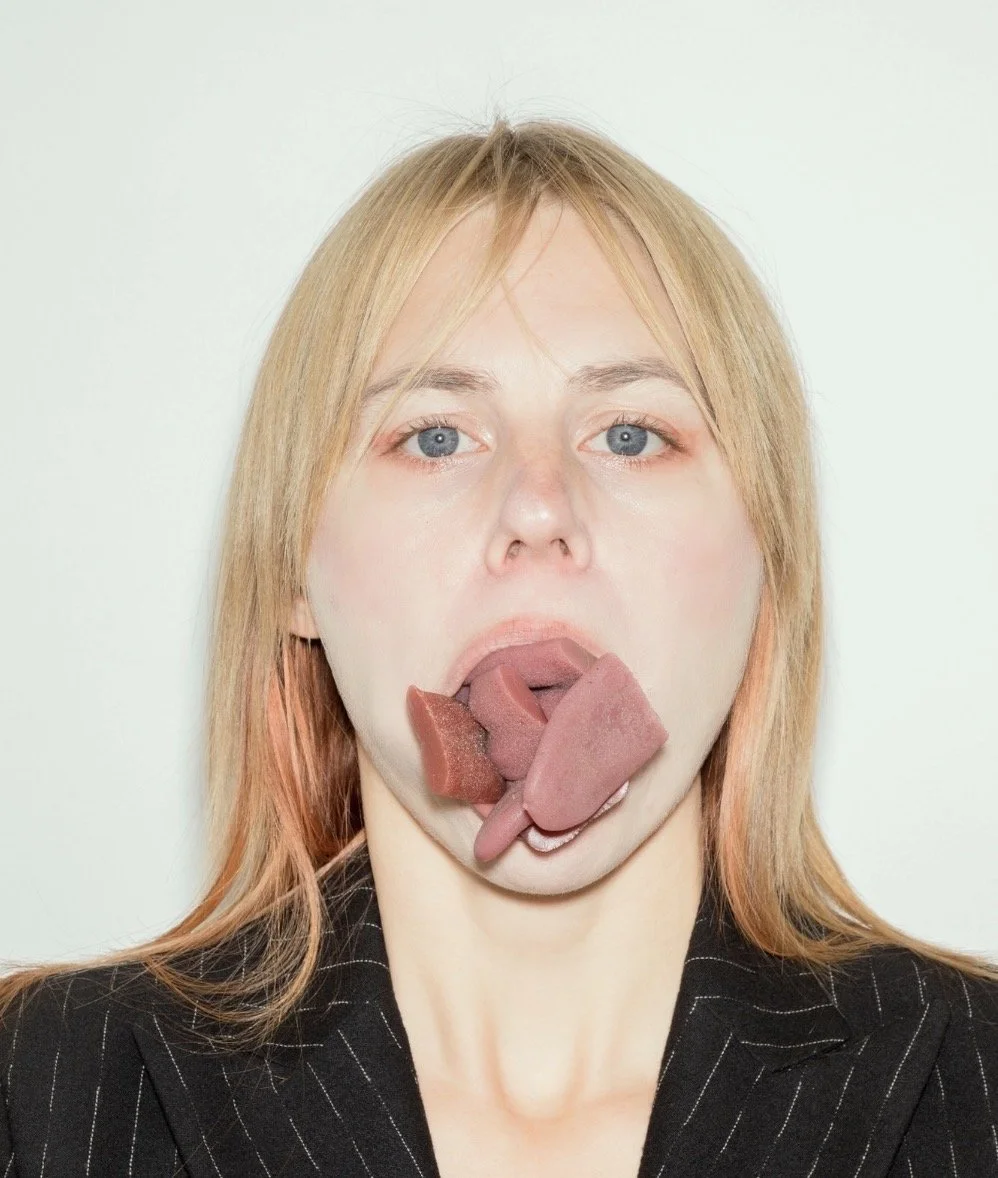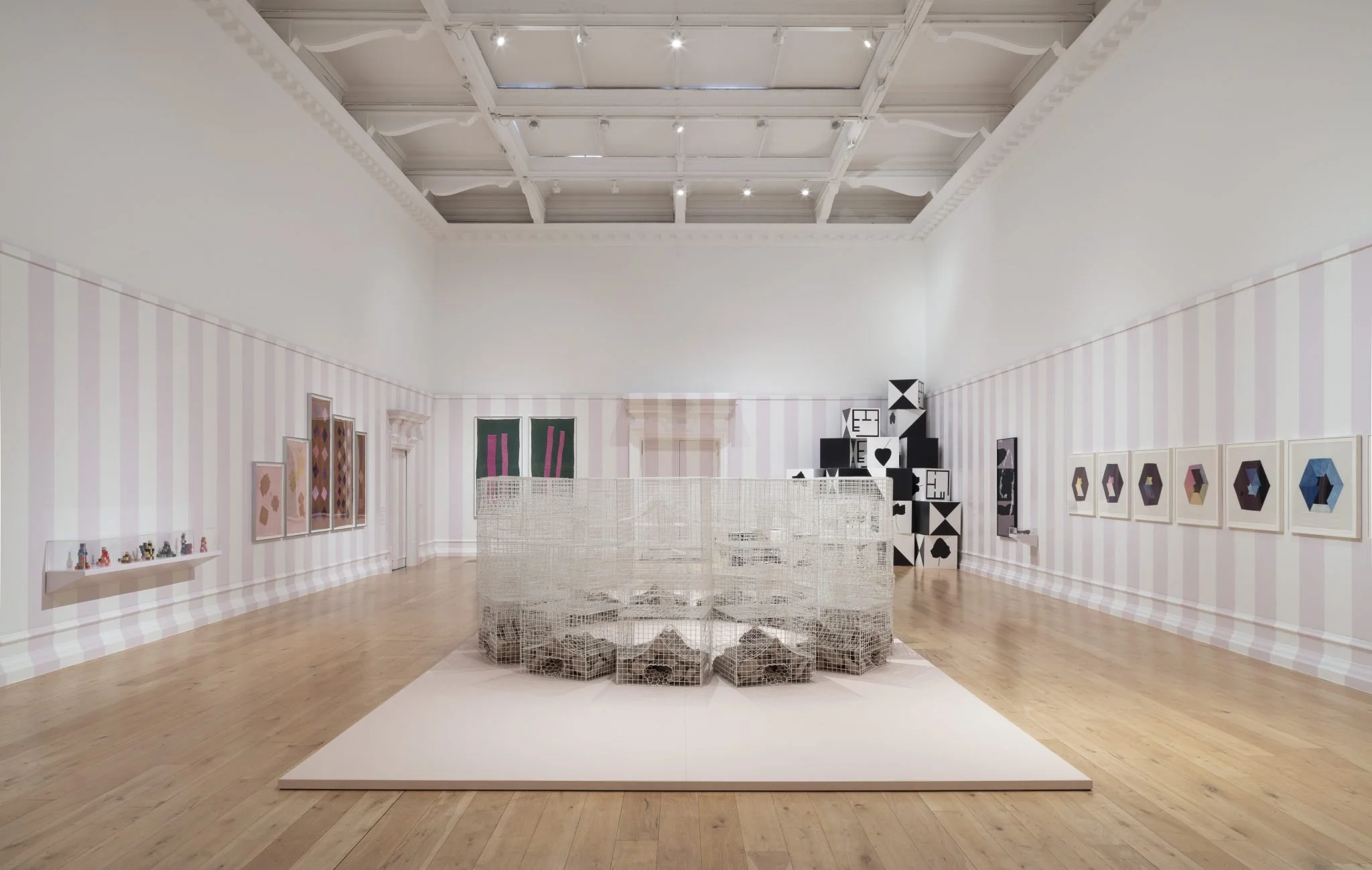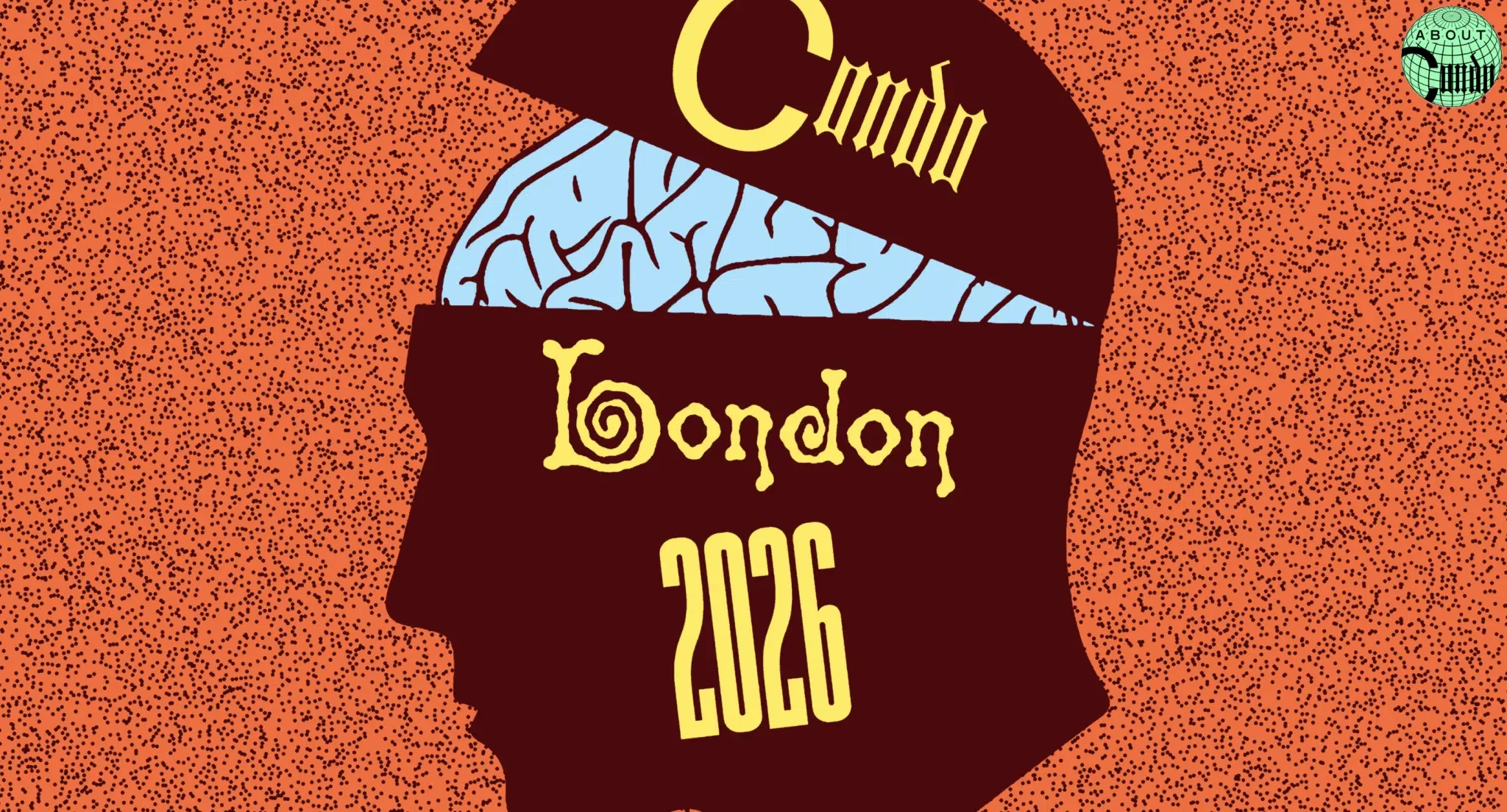Calypso by David Sedaris
‘Doesn’t the blood of every suicide splash back on our faces?’
Through a collection of snapshots and anecdotes from his life, Sedaris captures the idiosyncrasies of his family in his latest book, Calypso. From shopping for outrageous clothing in a Japanese clothes store called Kapital to the debate over what sardonic name should be given their new holiday home (spoiler alert – they settle on ‘Sea Section’), the author explores the nuances that make up their identity as ‘The Sedaris’s’.
At its core, Calypso is a novel about family. Sedaris highlights the recognisable relationship between siblings in a strikingly honest way: either you exist as the tyrant ruling over the youngsters or you’re the victim of the tyrants’ plots (unless you had the privilege of being an only child). These relationships are integral for the overarching theme throughout the book, the death of Sedaris’s sister, Tiffany, who committed suicide in 2013. Taking the opportunity to reflect on the circumstances surrounding her death he comments: ‘Doesn’t the blood of every suicide splash back on our faces?’
However, rather than this being a book about grief and sadness, Sedaris employs his usual witty style and tries to reflect with humour but with his own image of who Tiffany was built in. Upon reflecting upon Tiffany’s death, Sedaris offers the comment: ‘“Someone told me…that in Japan, if you commit suicide by throwing yourself in front of a train, your family gets fined the equivalent of eighty thousand dollars for all the inconvenience you caused…if your family was the whole reason you were killing yourself, I suppose it would be an added incentive.”
When we reflect on the life of a person who has died, we tend to overemphasise the good aspects of their personality, often neglecting the other parts that were perhaps not so good about them. Sedaris however depicts a seemingly honest image of who Tiffany was, particularly by including a stream of comments from her ninth-grade yearbook: ‘Tiffany, I’m looking forward to getting high with you this summer’.
Tiffany’s death is not the only sad episode within the book that Sedaris is able to find humour in. Reflections on his mother’s alcoholism and his difficult relationship with his father (‘Growing up, I never got the sense that he particularly liked me. I didn’t feel completely unloved – if the house were on fire he would have dragged me out, though it would have been after he rescued everyone else’) are also constructed in a uniquely comic way. And again, Sedaris employs honest reflections of his mother: ‘Sober, she was cheerful and charismatic, the kind of person who could – and would – talk to anyone’ and ‘By that point in the evening, she’d look different, raw, like you’d taken the lady she was earlier and peeled her.’ This striking honesty is refreshing and adds to an overall sense of humility within the book. Sedaris sees people for who they are, not how they would like to be seen.
Packed with wit and episodes of laugh out loud humour, Sedaris also includes episodes of grotesqueness including a story about feeding a tumour to a snapping turtle. These moments of comedy – although at times, they churned my stomach – are an integral part of Sedaris’s style (and are not to be tried at home).
If you haven’t picked up a Sedaris text yet, this is an excellent place to start. With a non-linear narrative, you can dip in and out, which is valuable for those finding it difficult to conquer a big text during lockdown!
#FLODown: Funny, witty and unique. Calypso should be on everyone’s summer reading list – just make sure you read long after you’ve eaten!
You can order Calypso now from any good London bookshop. We recommend you get a taster of the book here.
Words by Emma Chadwick











